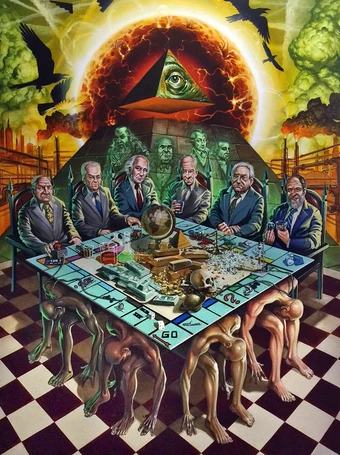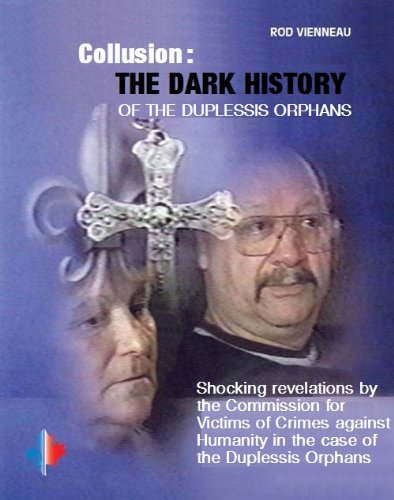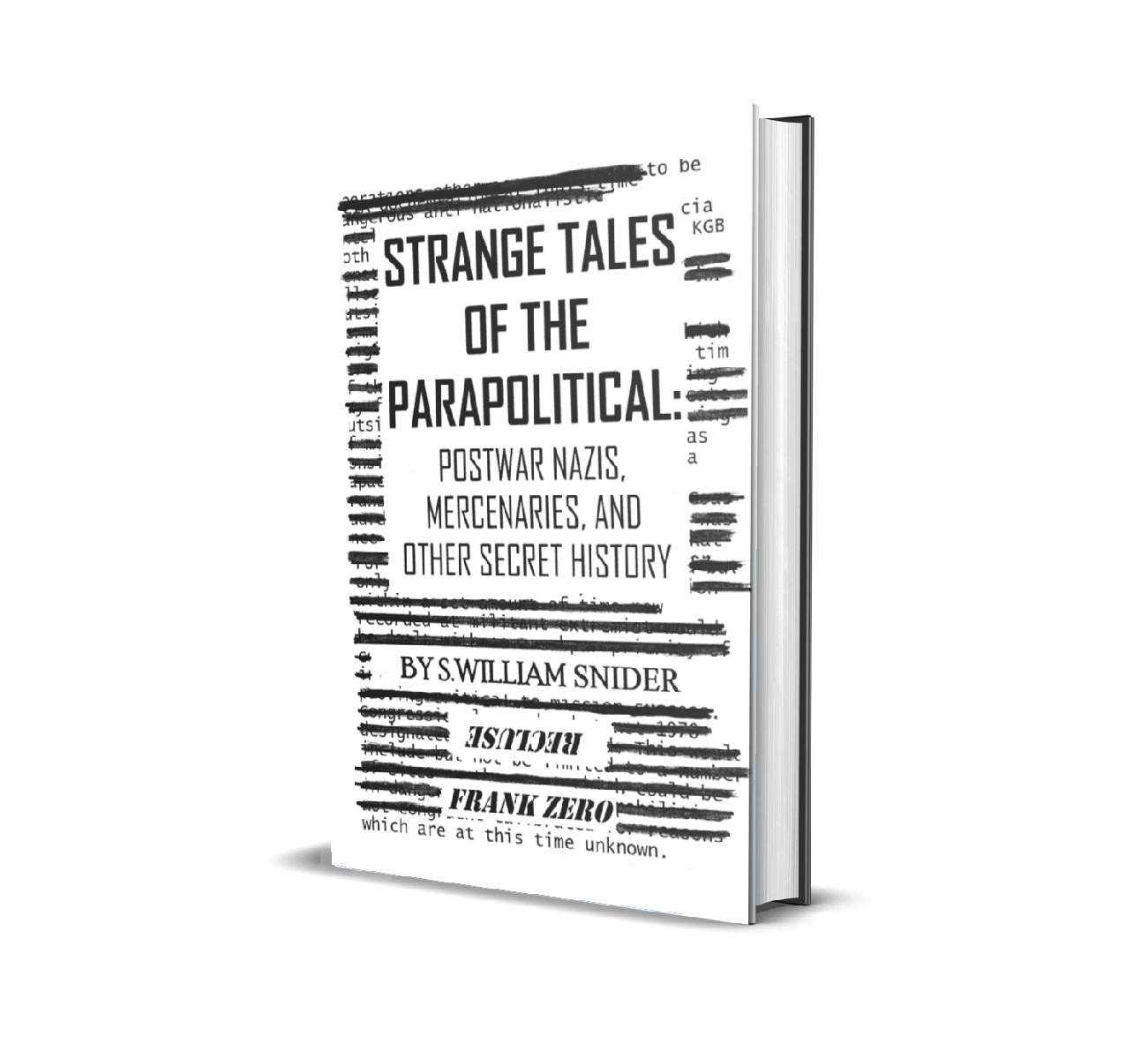THE LEADERS OF TWO CONTROVERSIAL PANDEMIC SIMULATIONS THAT TOOK PLACE JUST MONTHS BEFORE THE CORONAVIRUS CRISIS – EVENT 201 AND CRIMSON CONTAGION – SHARE A COMMON HISTORY, THE 2001 BIOWARFARE SIMULATION DARK WINTER. DARK WINTER NOT ONLY PREDICTED THE 2001 ANTHRAX ATTACKS, BUT SOME OF ITS PARTICIPANTS HAD CLEAR FOREKNOWLEDGE OF THOSE ATTACKS.
During the presidency of George H.W. Bush in the early 1990s, something disturbing unfolded at the U.S.’ top biological warfare research facility at Fort Detrick, Maryland. Specimens of highly contagious and deadly pathogens – anthrax and ebola among them – had disappeared from the lab, at a time when lab workers and rival scientists had been accused of targeted sexual and ethnic harassment and several disgruntled researchers had left as a result.
In addition to missing samples of anthrax, ebola, hanta virus and a variant of AIDS, two of the missing specimens had been labeled “unknown” – “an Army euphemism for classified research whose subject was secret,” according to reports. The vast majority of the specimens lost were never found and an Army spokesperson would later claim that it was “likely some were simply thrown out with the trash.”
An internal Army inquiry in 1992 would reveal that one employee, Lt. Col. Philip Zack, had been caught on camera secretly entering the lab to conduct “unauthorized research, apparently involving anthrax,” the Hartford Courant would later report. Despite this, Zack would continue to do infectious disease research for pharmaceutical giant Eli Lilly and would collaborate with the U.S. National Institute of Allergy and Infectious Disease (NIAID) throughout the 1990s.
The Courant had also noted that: “A numerical counter on a piece of lab equipment had been rolled back to hide work done by the mystery researcher [later revealed to be Zack], who left the misspelled label ‘antrax’ in the machine’s electronic memory.” The Courant’s report further detailed the extremely lax security controls and chaotic disorganization that then characterized the U.S. Army Medical Research Institute of Infectious Diseases (USAMRIID) lab in Fort Detrick.
This same lab would, a decade later, be officially labeled as the source of the anthrax spores responsible for the 2001 anthrax attacks, attacks which are also officially said to have been the work of a “deranged” USAMRIID researcher, despite initially having been blamed on Saddam Hussein and Iraq by top government officials and mainstream media. Those attacks killed 5 Americans and sickened 17.
Yet, as the investigation into the 2001 anthrax attacks unfolded, accusations from major U.S. newspapers soon emerged that the FBI was deliberately sabotaging the probe to protect the Anthrax attacker and that the CIA and U.S. military intelligence had refused to cooperate with the investigation. The FBI did not officially close their investigation into the 2001 anthrax attacks, nicknamed “Amerithrax,” until 2010 and aspects of that investigation still remain classified. (
more...)
























